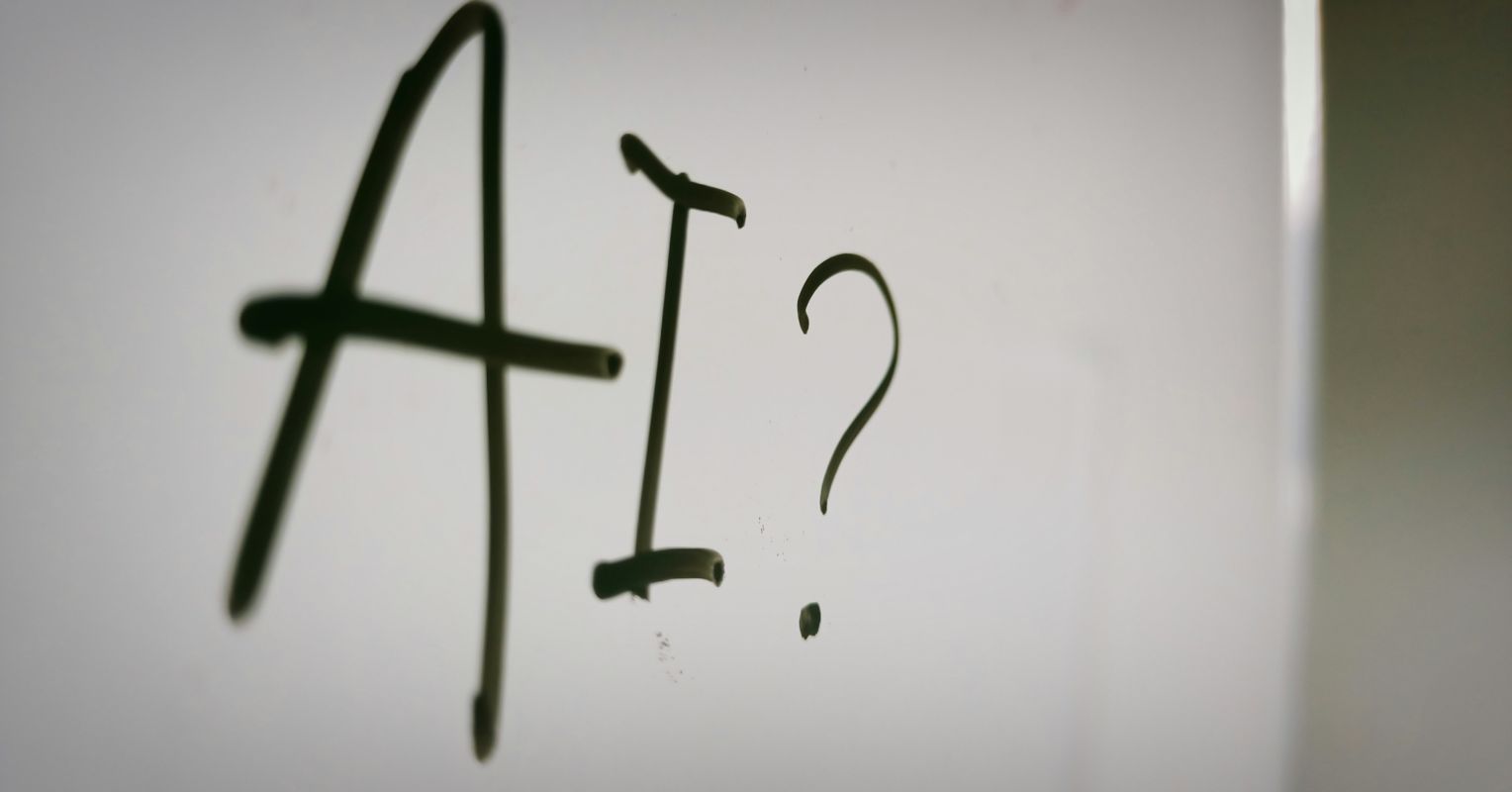
"Last semester, I felt like I was hit with a tsunami of dishonesty from students. It was enraging, yes, but more than that, it was thoroughly demoralizing. Just as tsunamis are erosive and generate debris that's thoroughly destructive to the natural environment and communities we inhabit, students' use of AI, coupled with their adamant denial of using it, is devastating to the landscape of higher education. AI ravages trust and creates an adversarial relationship between students and teachers."
"I have a good number of former students with whom I enjoy a deep friendship. I have hundreds more who've remained in touch with me, and it delights me to no end to hear from them with career and life updates. When students reach out to thank me, I never tire of hearing these things on repeat: that in my classes, they learned to write, that they had to turn in solid, meaningful papers with original ideas, and that they discovered their own unique voice."
College functions as a formative rite of passage in which students develop independent voices, reasoning, creativity, and willingness to take risks. Widespread student use of AI has produced pervasive dishonesty, demoralization, and denials of usage that erode trust and create adversarial relationships between students and teachers. AI-generated work often appears formulaic, hollow, and flattened, compromising originality and individuality. Hyper-reliance on technology encourages conformity rather than distinct personal expression. AI appeals to students because it enables them to present themselves as something they are not, undermining the cultivation of hope necessary for creativity and genuine intellectual growth.
Read at Psychology Today
Unable to calculate read time
Collection
[
|
...
]